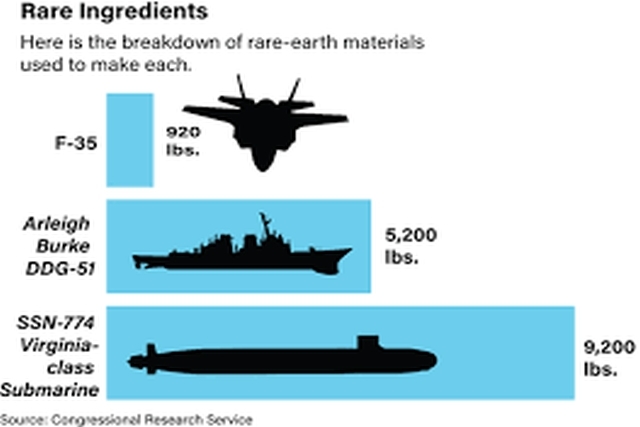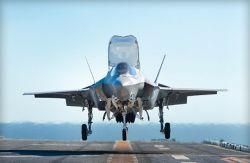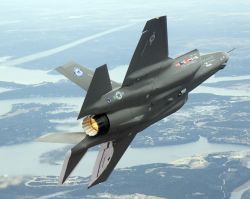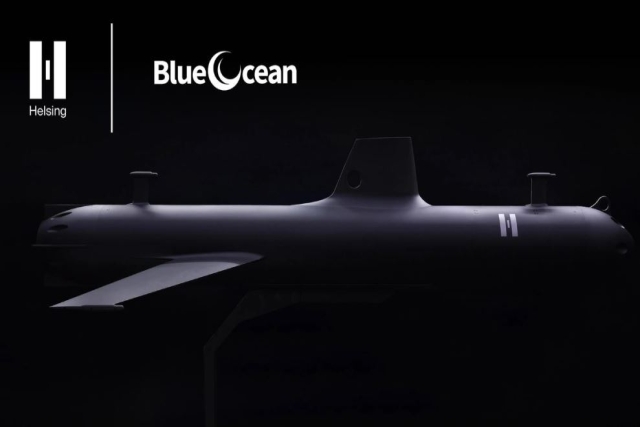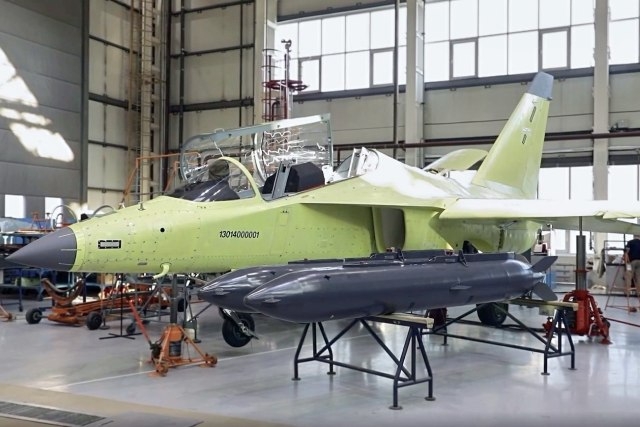China Could Bring Down American F-35 Jet without Firing a Missile
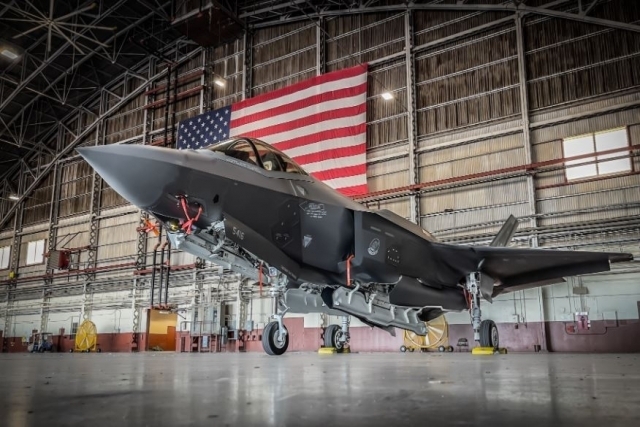
As the United States has allowed a waiver to the use Chinese origin rare-earth alloys on F-35 fighter jets, calls have grown in China to apply stricter export controls for its super alloys without which the American jet could be grounded.
The aircraft's manufacturer, Lockheed Martin, is one of the US arms firms sanctioned by China for selling weapons and equipment to Taiwan. However, its auxiliary power unit manufacturer, Honeywell in which the Chinese origin rare-earth magnet is found, is not among the sanctioned companies.
The Pentagon had suspended deliveries of the F-35 fighter jet in September after it discovered the aircraft's engine manufactured by Honeywell uses a magnet that includes a cobalt and samarium alloy, which does not comply with US procurement laws, according to reports.
However, it allowed deliveries to resume of Lockheed Martin's F-35 jet under a waiver allowing Chinese-origin alloys to go into an engine part, Reuters quoted the Pentagon as saying on Saturday.
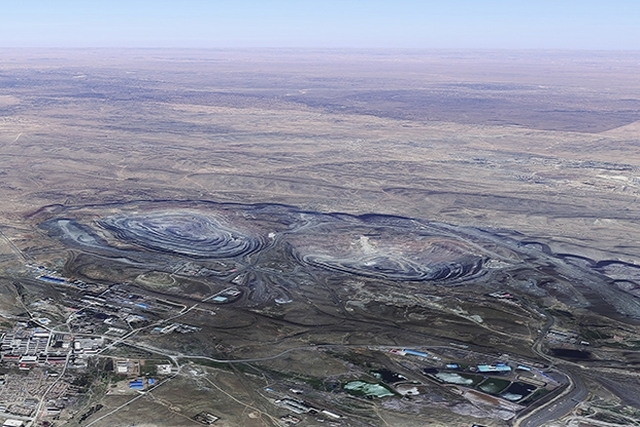
With the waiver, the Pentagon will accept all aircraft under the contract, currently projected for October 2023, Reuters reported. "The magnet does not transmit information or harm aircraft, and that there are no security risks involved," it noted.
An alternative source for the metal will be found and used in the future, the report said, citing the Joint Program Office of the F-35, the Reuters report said. However, it did not specify the alternative source.
Chinese experts believe it is not possible to remove China from the rare-earths supply chain. "The US attempt to remove China-origin alloy imports from military equipment is almost impossible, as China has a leading edge in the middle- to downstream rare-earth magnet production," Mr Yang, a manager of a state-owned rare-earth enterprise in Ganzhou, was quoted as saying by Global Times on Sunday.
China is the only country in the world that has developed the ability to extract samarium and cobalt rare-earth metals. We also account for over 70 percent of the final product samarium-cobalt rare-earth magnet. "How can Washington take out Chinese rare-earth products from its jets in such a scenario?" Yang wondered.
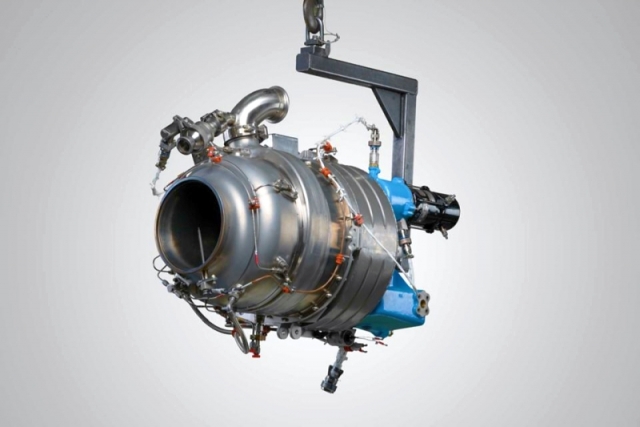
According to Yang, China-made neodymium magnets - another main type of rare-earth magnets that are widely used in electric machinery for a host of electronic products - also represent 85 percent of the global share.
Research and development as well as production of many advanced weapons and equipment cannot be done without rare earths, Wei Dongxu, a Beijing-based military expert, told the Global Times.
With the US using Chinese origin rare earth alloys in military aircraft that could harm China's sovereignty, Wei said that China should consider applying more strict export controls on rare-earth products, which are resources of strategic value.
